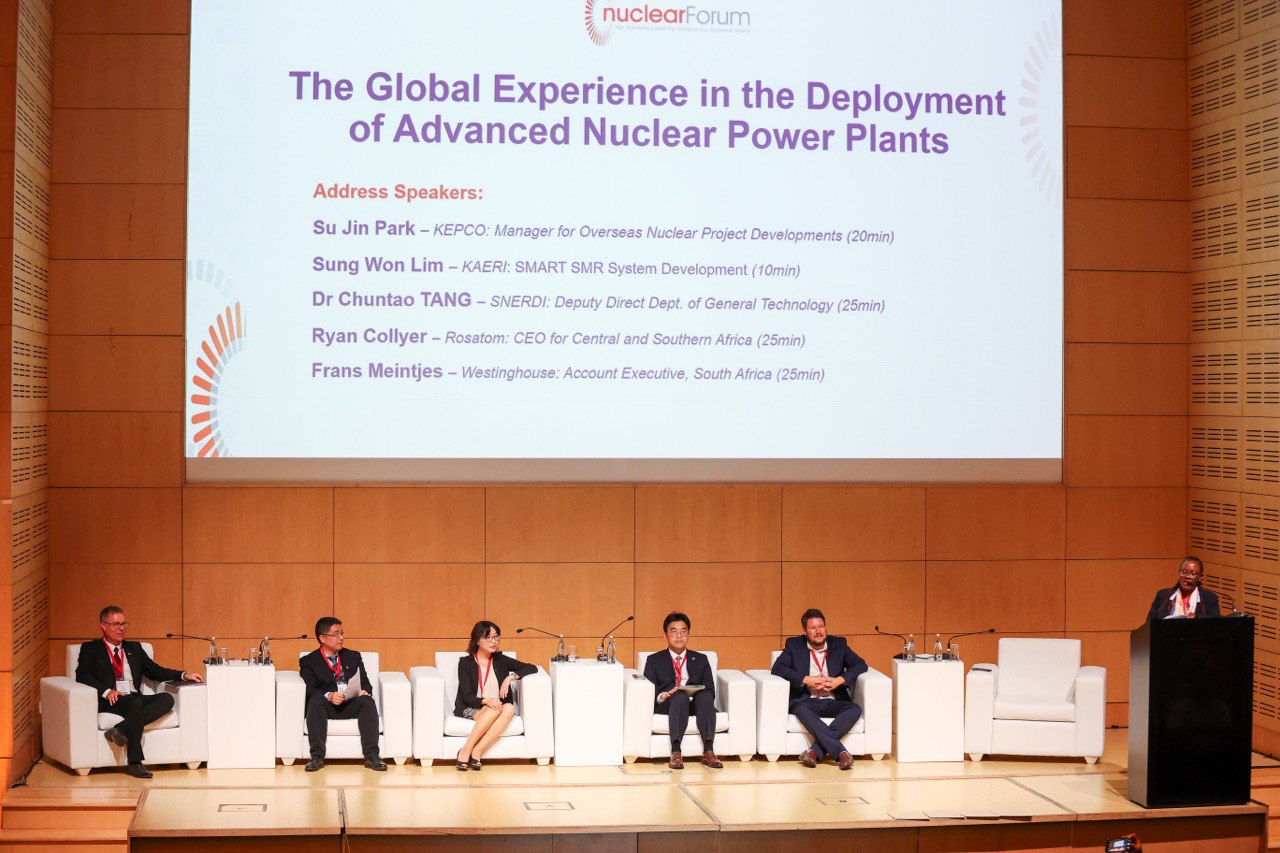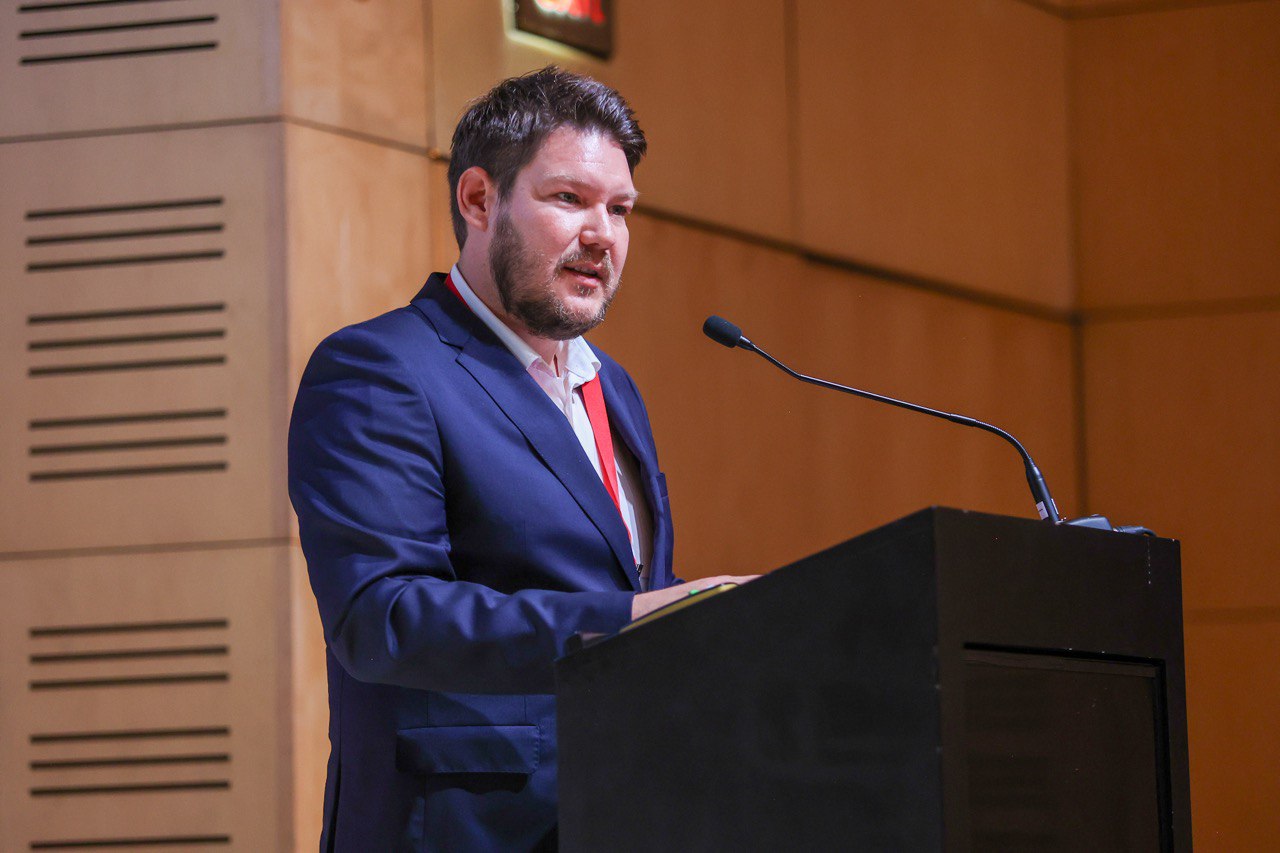In 2023, the South African government announced its new goal to restart a nuclear new build programme to generate more electricity amid an energy crisis and regular power cuts in the country. Building on this momentum, on March 5, 2024 within framework of the Africa Energy Indaba Forum, South Africa’s Energy Minister Gwede Mantashe advocated for the country’s right to develop its uranium industry for peaceful purposes, amidst the lifetime extension of Koeberg nuclear power plant and pronouncements of adding an additional 2,500MW of nuclear capacity to the country’s energy mix. The Minister mentioned that Africa is blessed with natural resources, such as uranium, a mineral that can be used for various nuclear applications from generating clean baseload energy to using nuclear research reactors for medical purposes.

On March 7, 2024 with renewed interest in the field of nuclear in the country, a number of government agencies, potential vendors, local companies, regulators and other organizations gathered to discuss the future of the nuclear industry in South Africa. Speakers discussed the value of nuclear power for Africa, the role of state companies and regulators in NPP construction programs, the creation of a local supply chain for the nuclear industry, as well as the financing of nuclear power projects. Rosatom was also active at the event, with its representatives delivering speeches in two key sessions.
During the session titled “The Global Experience in the Deployment of Advanced Nuclear Power Plants,” representatives from KEPCO, KAERI, SNERDI, Rosatom, and Westinghouse discussed fundamental learnings and best practices of nuclear energy adaptation in countries such as Russia, China, USA, South Korea and, most importantly, South Africa. Among the presenters, Ryan Collyer, Rosatom’s CEO for Central and Southern Africa, took the stage.

“Rosatom is a very strong proponent of a diversified energy mix. We believe that the country should use all available assets and energy sources to provide the most efficient, stable and sustainable energy mix to grow the economy. While renewable energy and gas has an important role to play in the short term and medium term, we believe that the country should embark on its long-awaited nuclear programme to ensure stable, affordable and environmentally friendly base load power for generations to come”, he said.
One option to adapt nuclear energy is to invest in small modular reactors (SMRs), which are among the most promising emerging technologies in the nuclear industry. The interest in SMR technologies in the world is growing rapidly. SMRs produce electric power up to 300 megawatts per unit, or around half of a traditional reactor and their major components can be manufactured in a factory setting and transported to sites for ease of construction. Ilya Vergizaev, First Deputy General Director of Rusatom Energy Projects, focused on SMR development and deployment in Africa in his presentation.
“Rosatom stands at the forefront of the Small Modular Reactor (SMR) technology, paving the way for a new era of nuclear energy that promises flexibility, efficiency, and unparalleled safety. Our dedication to innovation is exemplified by the successful operation of the world’s only Floating Nuclear Unit, this together with our land based SMR in final stages of development, showcases our unique capability to deliver reliable, low-carbon energy to even the most remote areas. This achievement not only demonstrates our leadership in the nuclear energy sector but also underscores our commitment to providing sustainable energy solutions worldwide”, he mentioned.
South Africa is highly motivated to further develop nuclear technologies in the country, which will revitalize an industry, which has a long and successful history. Leading discussions, where government institutions, esteemed experts from local organizations and experienced specialists from the nuclear industry. The panelists came together as one with the common goal of combatting energy poverty while meeting net zero targets.
